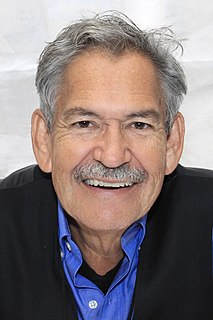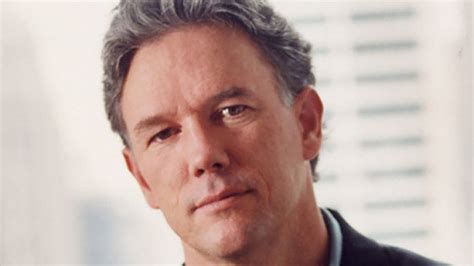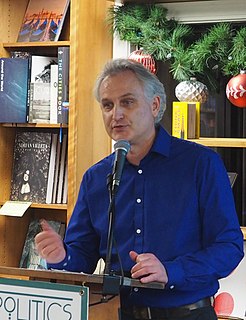A Quote by Laurie Foos
I'm not conscious of my own themes as I write first drafts, no, and in fact, I work hard to stay in that unconscious space and not ask myself what the novel is about or what my metaphors might mean because then, I think, you're just dead in the water.
Related Quotes
You can make a global film, which affects so many countries and affects sort of this worldwide epidemic, but it has, zombies are great metaphors for the times we live in today and that's what I always find fascinating about them, but then it's like the walking dead, you know, the unconscious, and the metaphors for them are just really something I was inspired by.
It's more like I write multiple first drafts, handwritten. So with my first novel, I wrote whole drafts from different points of view. There are different versions of that novel in a drawer on loose-leaf sheets. I won't even look at the first draft while I'm writing the second, and I won't look at the second before writing the third.
It's a complex thing when you're writing a novel, because so much of it is conscious and planned and deliberate, and so much of it is not, and it has to be a dance between the conscious and the unconscious. I bring my best instincts to my work. For instance - and I come by this naturally, or I think I do - I am a very good judge of character.
Writing a novel was like I had some Play-Doh to work with and could just keep working with it - doing a million drafts and things changing radically and characters appearing and disappearing and solving mysteries: Why is this thing here? Should I just take that away? And then realizing, no, that is there, in fact, because that is the key to this. I love that sort of detective work, keeping the faith alive until all the questions have been sleuthed out.
What people who don't write don't understand is that they think you make up the line consciously — but you don't. It proceeds from your unconscious. So it's the same surprise to you when it emerges as it is to the audience when the comic says it. I don't think of the joke and then say it. I say it and then realize what I've said. And I laugh at it, because I'm hearing it for the first time myself.
I'm pretty obsessive-compulsive and I'm very fast. I tend to not write for a long period of time until I can't not write, and then I write first drafts in gallops. I won't eat right. I forget to do my laundry. I have a dog now, and I have to remember to walk him. When I write, that takes over and I can't do anything else. There's something exciting about that free fall, but then my life gets really screwed up. I've lost lots of relationships because of my having to ignore everything.



































